Climate change litigation in Africa: Current status and future developments
Climate change litigation is increasing steadily worldwide, although few cases have been filed yet in Africa.

By Mukund Dhar, Africa Interest Group Leader
Our seventh edition of Africa Focus focuses on the potential for transformative changes within Africa during a time of historic global transition—not just from a COVID-19 to post-COVID-19 world, but against the backdrop of the United Nations Climate Change Conference COP26 in Glasgow, Scotland.
Issues around balancing greenhouse gas emissions against the development and use of natural resources as Africa industrializes and seeks to overcome roadblocks and challenges to growth and climate change-related challenges and vulnerabilities against GDP growth and increasing prosperity will be seen increasingly across sectors, industries and geographies in Africa. These discussions are already defining the way in which governments, investors, lenders, communities and other stakeholders view opportunities and investments in Africa and will do so more directly and more frequently in the coming years.
What does this mean for the world of business? Litigation related to climate change, a now well-established trend in Europe and North America, seems to have reached Africa, too. In "Climate change litigation in Africa: Current status and future developments," we outline signature cases and examine climate-related matters that might trigger challenges and disputes across Africa.
Equally, we all recognize that there are increasing investment opportunities when it comes to renewable energy. Seven of the ten sunniest countries in the world are in Africa, and wind power is no longer a novel feature in the increasingly sophisticated energy landscape in Africa. In "Renewable energy in Africa: Update in the era of climate change," we explore the significant opportunities for wind, geothermal and hydropower, too.
US foreign policy toward Africa has undergone significant shifts under the Biden administration. In "US government agencies focus on Africa," on the continent and their focus and how that ties in with both energy transition and renewable energy. In "Debt: Outlook for Africa brightens after challenging first half to the year," we discuss recent successful loan and bond issuances by African borrowers, investor resilience and lender interest in high-quality credits throughout the region.
Africa is experiencing a boom in M&A. In "M&A transaction terms: Comparing Africa to Europe," we contrast terms that typically apply to African M&A transactions, with those in Europe. And "African M&A stages a comeback" explores how African transactions appear to be highlighting a renewed sense of confidence among dealmakers. Acquisition and divestment strategies in Africa have become highly sophisticated. As a case study, "Acquisition financing in an era of energy transition" describes the January 2021 sale of a 45 percent stake in Nigerian Oil Mining Lease 17 (OML 17) and related infrastructure assets, using an innovative, first-of-its-kind hybrid financing structure.
Finally, "Southern Africa's PGMs are on the rise" explains how platinum group metals (PGMs) are increasing in southern Africa mining, on the back of demand for net-zero and the green economy.
Climate change litigation is increasing steadily worldwide, although few cases have been filed yet in Africa.
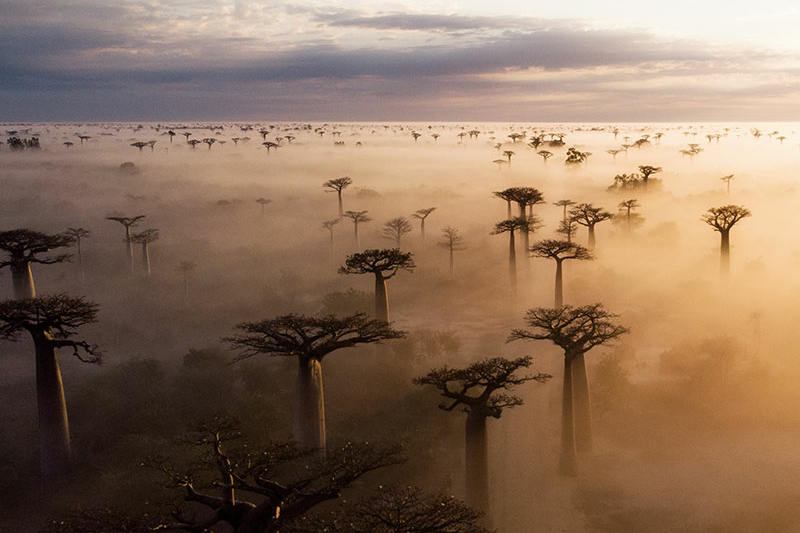
Africa offers vast potential for renewable energy deployment and investments.
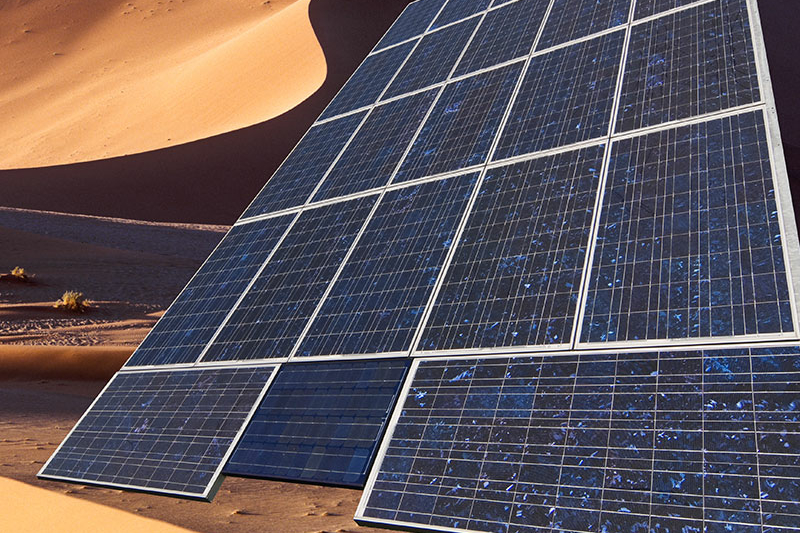
Significant differences exist between terms that typically apply in M&A transactions in Africa and Europe.
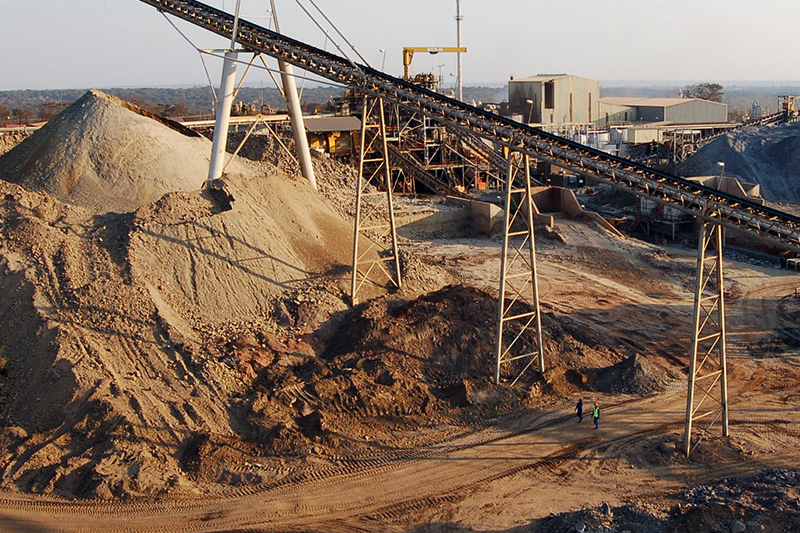
H1 2021 dealmaking within the continent appears to be turning a corner.

Africa is a priority for several Biden administration agencies working in development finance.
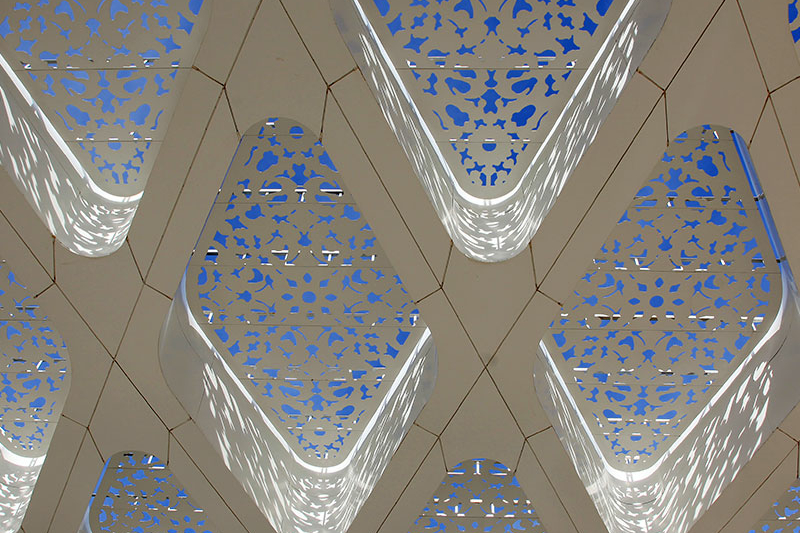
Lender caution following Zambia's debt repayment default in 2020 has weighed on African debt issuance, but successful raisings by high profile borrowers show that investor appetite remains resilient.
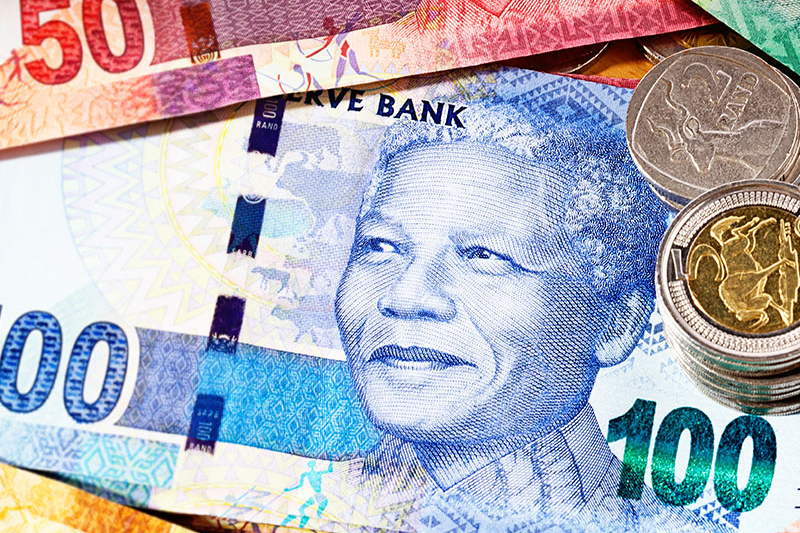
An innovative, first-of-its-kind hybrid acquisition financing in Nigeria.
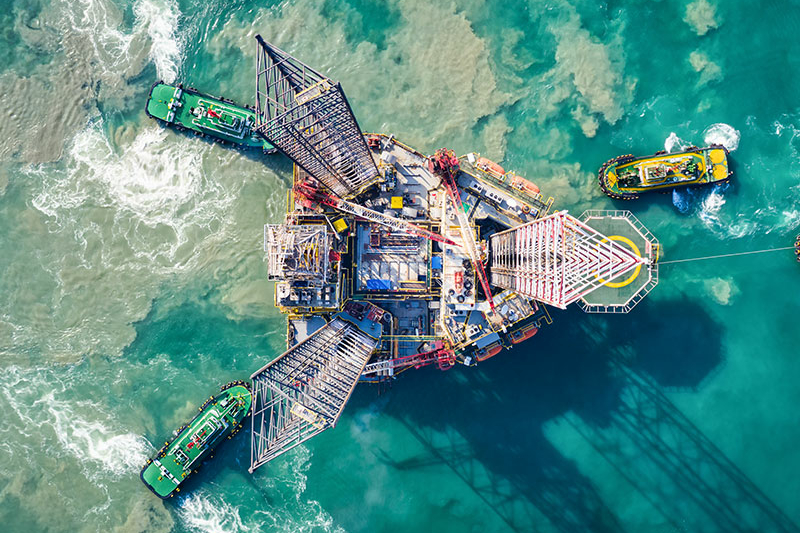
PGMs are helping Southern African mining remain relevant and contributing to a global clean and green transition.

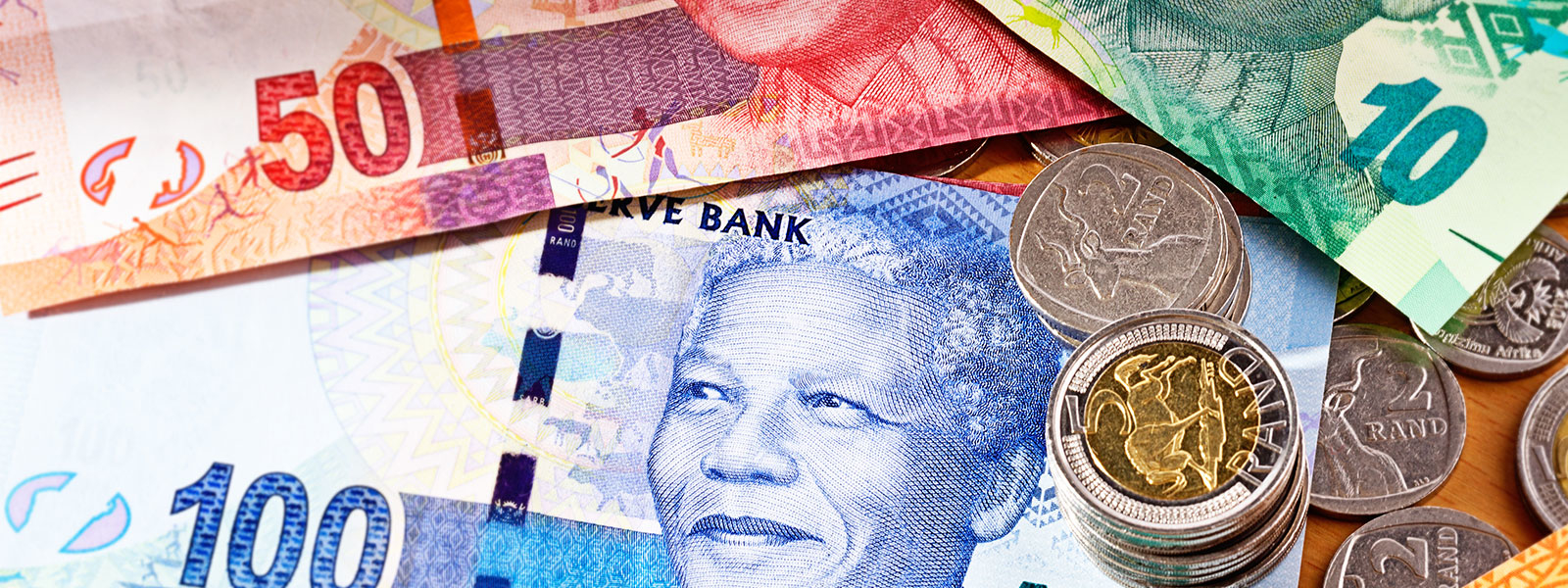
Lender caution following Zambia's debt repayment default in 2020 has weighed on African debt issuance, but successful raisings by high profile borrowers show that investor appetite remains resilient
Subscribe to receive Africa Focus
Several high-profile African issuers have continued to successfully access international capital markets, showing lender appetite for high quality credits.
African loan and bond issuance fell by just under 10% in the first half of 2021, year-on-year, with lenders still jittery after Zambia missed a bond repayment in November 2020 to become the first African sovereign to default since the onset of the pandemic.
North and Sub-Saharan African issuance of bonds, high yield bonds, leveraged loans and non-leveraged loans totaled US$40.6 billion in H1 2021, down by 9.7% from the US$45 billion recorded in H1 2020.
The dip in issuance reflects the concerns of investors that the same factors leading to the Zambian default—high levels of indebtedness and falling commodity prices due to reduced global demand following COVID-19—could put other African sovereigns and companies under financial pressure.
Despite these concerns, several high-profile African issuers have continued to successfully access international capital markets, showing that there remains lender appetite for high quality credits from the continent.
In February, Ecobank Nigeria, a subsidiary of pan-African bank Ecobank Transnational Incorporated, successfully priced a US$300 million bond maturing in 2026. The notes priced at 7.125%, tightening from initial pricing indications of 7.75%, and the issue was more than three times oversubscribed.
South African financial services company Absa Group and real estate player MAS also closed successful financings in H1 2021. Absa raised a US$500 million senior unsecured perpetual bond with a coupon of 6.375% while MAS secured a €300 million senior unsecured bond priced at 4.25%, maturing in 2026.
Outside of sub-Saharan Africa, Moroccan chemicals and materials group OCP secured a US$1.5 billion bond consisting of two installments. The installments will mature in 20 and 30 years and priced at coupons of 3.75% and 5.125%, respectively. The two installments were more than four times oversubscribed and proceeds will be used to improve the company's capital structure. The National Bank of Egypt, meanwhile, closed a US$1 billion package from international lenders for development and investment projects.
Appetite from domestic lenders for quality credits has also been strong, with telecoms operator MTN Nigeria securing a ₦110 billion (US$266 million) bond on local capital markets. Proceeds from the oversubscribed bond will be used for refinancing and infrastructure investment.
Sovereign bond issuance also progressed through H1 2021, despite the hangover from the Zambian default. The governments of Senegal and Kenya were among the state issuers to lock in funds, with Senegal closing a €775 million bond maturing in 2037 and Kenya landing a US$1 billion bond maturing in 2034.
The combination of innovative structures, rising social and sustainability debt issuance and the return to market of African borrowers that deferred debt plans in 2020 could support a busy period of activity.
The ability of African companies and sovereign borrowers to raise capital on international and local markets in H1 2021, as well as successful bond issues from regional institutions including the African Development Bank and Africa Finance Corporation, have boosted lender and issuer confidence.
After observing successful capital raisings by peers through the first six months of 2021, African governments and companies that put off borrowing in 2020 because of the risk of unfavorable terms due to COVID-19 are preparing to launch their debt offerings in more stable debt markets.
The pipeline for H2 2021 deals already looks promising. For example, Egypt Aluminium Company (Egyptalum) is in early discussions over securing a possible US dollar loan, according to sources speaking to Debtwire Par.
On the sovereign side, Debtwire Par reports that Tunisia's government is seeking project finance of up to €340 million for investment in water desalination and waste treatment infrastructure. Tanzania, Togo and Uganda are also expected to seek financing on international capital markets before the end of the year.
African issuers are also adopting more innovative structures and looking to access new pools of capital, which could support a further uplift in activity.
Ghana, for example, is planning to issue green and social bonds worth up to US$2 billion before the end of this year, which would make it one of the first African countries to raise debt specifically to fund development programs. Proceeds from these bonds will be used to refinance borrowings on social and environmental projects, and to invest in education and health.
Ghana also took a pioneering position in mainstream lending markets after raising a US$3 billion zero-coupon bond tranche with a four-year maturity. The novel structure, believed to be the first issued by an African borrower, will mean Ghana does not have to make periodic interest payments on the borrowing. Instead, the bond is issued at discount to its value at maturity.
Issuing zero coupon bonds is not without risks, but if discounts to fair value are deep enough to attract investors, Ghana's example could open the way for other African issuers to access additional capital by taking a different approach to debt structures.
After a tentative first six months, it is hoped that the combination of innovative structures, rising social and sustainability debt issuance and the return to market of African borrowers that deferred debt plans in 2020 will support a busy period of activity through the rest of 2021.
White & Case means the international legal practice comprising White & Case LLP, a New York State registered limited liability partnership, White & Case LLP, a limited liability partnership incorporated under English law and all other affiliated partnerships, companies and entities.
This article is prepared for the general information of interested persons. It is not, and does not attempt to be, comprehensive in nature. Due to the general nature of its content, it should not be regarded as legal advice.
© 2021 White & Case LLP